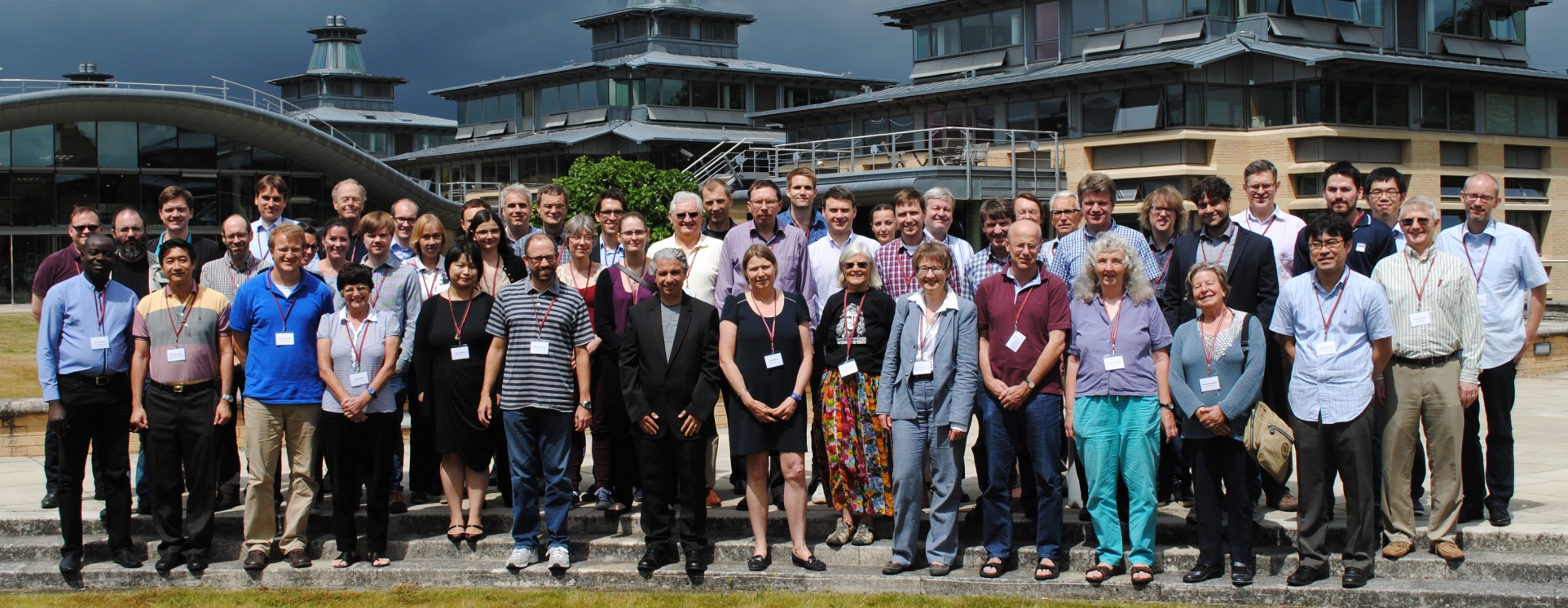IDeAl researchers disseminate latest findings at ISCB 2015
Several researchers of the IDeAl project are meeting up at ISCB 2015 in Utrecht in order to disseminate their latest findings on methodolgy for small population group trials. Ralf-Dieter Hilgers together with Armin Koch from the Asterix project gave a pre-conference workshop to their fellow researchers introducing them to Stratification and Randomisation in clinical trials. The topics for the contributed talks of the IDeAl researchers range from “Strategies for dealing with missing data in randomization tests” (N. Heussen), over “Understanding variation in n-of-1 trials” (A. Araujo), “Baselines as possible controls in trials in small populations” (S. Senn), “The effect of selection bias on the test decision of the randomization test in small population group trials” (D. Uschner), “Desirability of restricted randomization procedures in small population group trials in case of selection and chronological bias” (D. Schindler), “Efficient tests for the similarity of dose response curves using a bootstrap approach in regard to small sample sizes” (K. Möllenhoff) and “Evaluation of the fisher information matrix without linearization in nonlinear mixed effect models for discrete and continuous outcomes” (M.K. Riviere). In addition, Ralf-Dieter Hilgers has been invited to talk about “New developments in integrated design and analysis of small population group trials”. Last but not least, ISCB 2015 is a great opportunity for IDeAl to stay in touch with stakeholders of the rare disease community. Even more, one meeting is dedicated to the joint work with the Asterix and Inspire projects.


